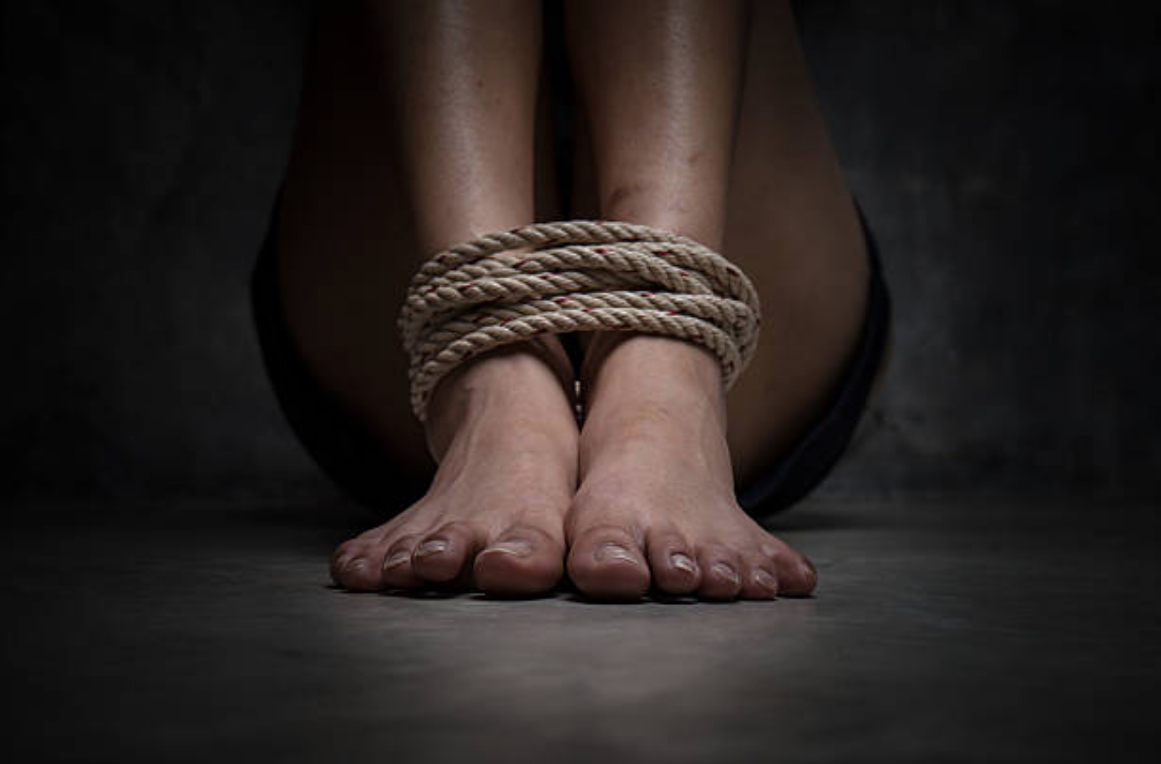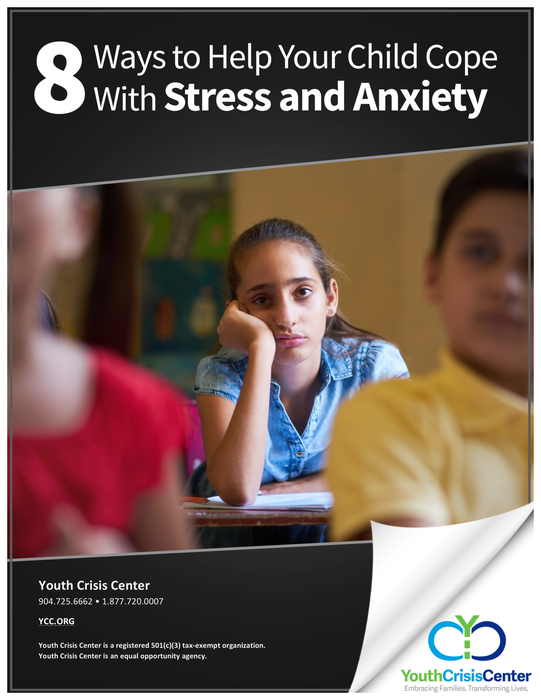It sounds like the plot from a terrifying Hollywood thriller; a young girl runs away in an act of defiance and then disappears for years. Only it’s not the next blockbuster, it’s the real story of a young girl we will call A.G. Like many teenagers, A.G. had a rocky home life. She struggled with authority and didn’t feel wanted or loved. A.G. began talking to men online, and it didn’t take long to find one who said he would take of her. So, at just 14 years old, she left for what she hoped would be a better life in a place – where she was appreciated. A.G. thought she’d met her prince. He was sweeter than anyone she’d ever met, and bought her anything she wanted. She was falling for him. But then it all changed. He told her she needed to earn her keep by taking a job in a strip club. He kept her money and kept her locked in the basement.
The Escape
A.G. made a run for it one night while working at the club, but the person she thought was going to help her ended up forcing her and another woman to live in a motel and work as prostitutes. Customers would “set up appointments” with her rescuer, who was now her pimp. One “customer” agreed to help her escape and take her to his house to be safe. But this was no safe haven. This man, who was twice her age, would not let her leave. He forced her to have sex with him and kicked her out when she became pregnant. A.G. was under 18 years old and had been missing for three years. She found a way to call her family and they brought her home. Her grandparents, who were her legal guardians, could not care for her and a baby. Fearing she would leave again, they reached out to YCC’s Residential Crisis Care program. A.G. stayed at YCC for two months while she received schooling, therapy services, extracurricular activities, a safe place to sleep and nutritious meals. After moving from YCC into a maternity group home, A.G. gave birth to a healthy baby and found the support and stability she needed to make it through her life changing events.
The Rescue
“In A.G.’s case, I think the best place for her is a facility with the appropriate resources to provide her support,” said Ashton Crawford, Residential Clinical Supervisor for the Youth Crisis Center in Duval County, Florida. “I believe if she had gone back to her guardians, she would have run away again, possibly even with her baby.” Crawford provides therapy to young people like A.G. who have experienced traumatic situations such as divorce, homelessness, relocation, loss of life and abuse. YCC provides a variety of services for children, adolescents, young adults and families, and is one of the largest and best-known providers of services for youth and families.
Crawford says a major issue therapists see in teens at risk for trafficking is significant feelings of abandonment, or feeling unloved or unwanted. Many times, this stems from parents who are substance abusers, or abuse and neglect their children. The risk is also higher in children who were abandoned by their biological parents and are being raised by another family member (not necessarily being adopted out). “It is important for parents or guardians to be significantly and positively involved in their children’s lives, monitor their social media usage, and teach them about the dangers of human trafficking in an age-appropriate way,” adds Crawford.
Human Trafficking In Northeast Florida
In 2017, Duval County ranked fifth in Florida for the number of cases involving commercially, sexually exploited children. The Jacksonville Sheriff’s Office reported that 66 human trafficking victims were “identified and/or rescued” in 2017, marking a 50 percent increase over the previous year. Human trafficking is the world’s second-largest criminal enterprise after narcotics, generating $150 billion dollars each year.
Crawford taught A.G. how to think positively and helped her work through the feelings that made her run away in the first place. A.G. now has a strong support system in place and Crawford feels she will find a path to a better life for herself and her child.
Are you dealing with a crisis or unmanageable youth? The Youth Crisis Center’s Residential Crisis Care program provides short-term residential services and therapy for youth ages 10-17. Our residential therapists work with youth and their families to address the immediate crisis and help provide long-term solutions to handle future concerns once the youth return home. Click to fill out the Residential Crisis Care form on our website and a therapist will contact you, or call our crisis hotline at (904) 725-6662 to speak with someone immediately. Click more to learn about 8 ways to help your child cope with stress and anxiety.


